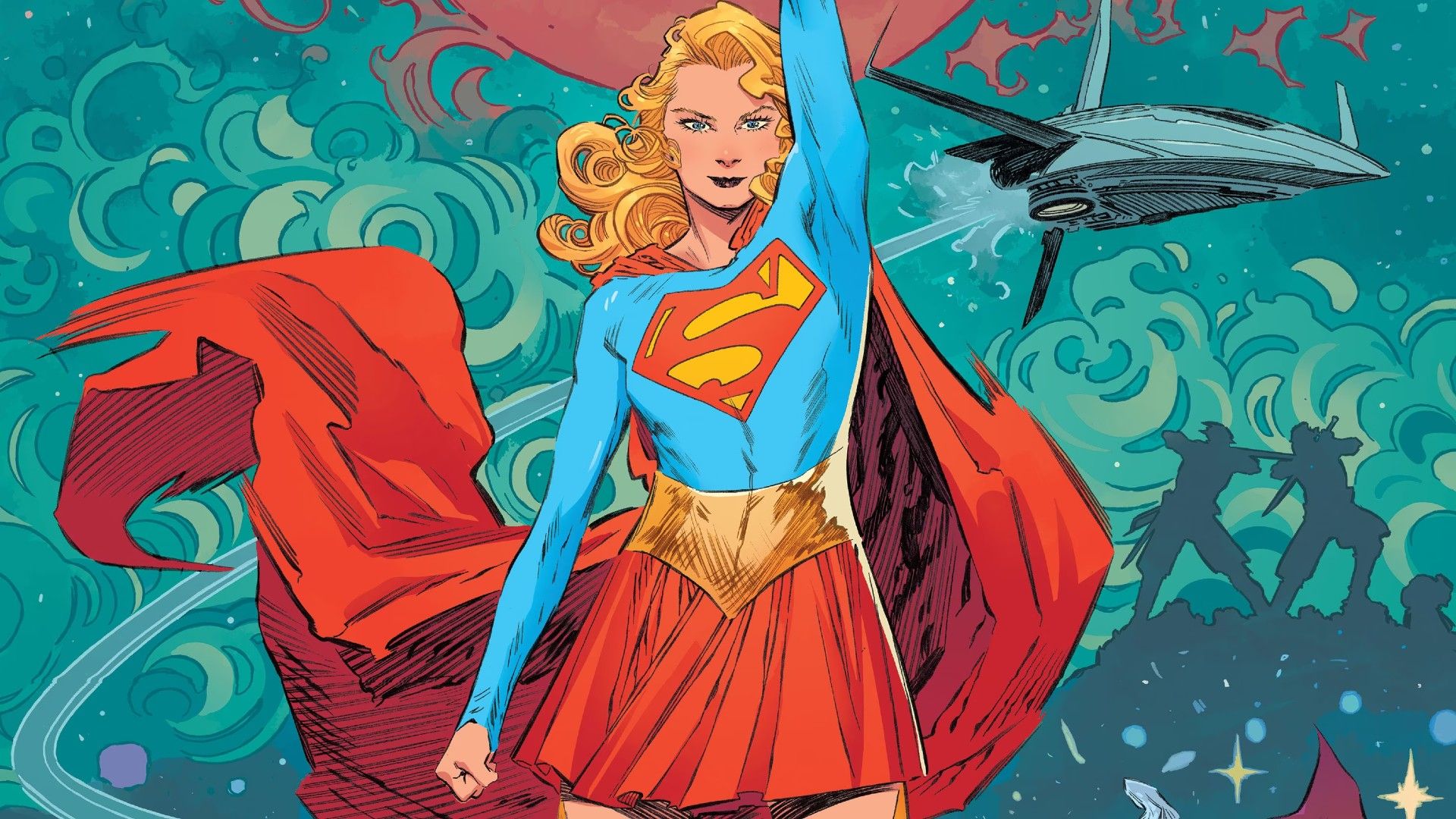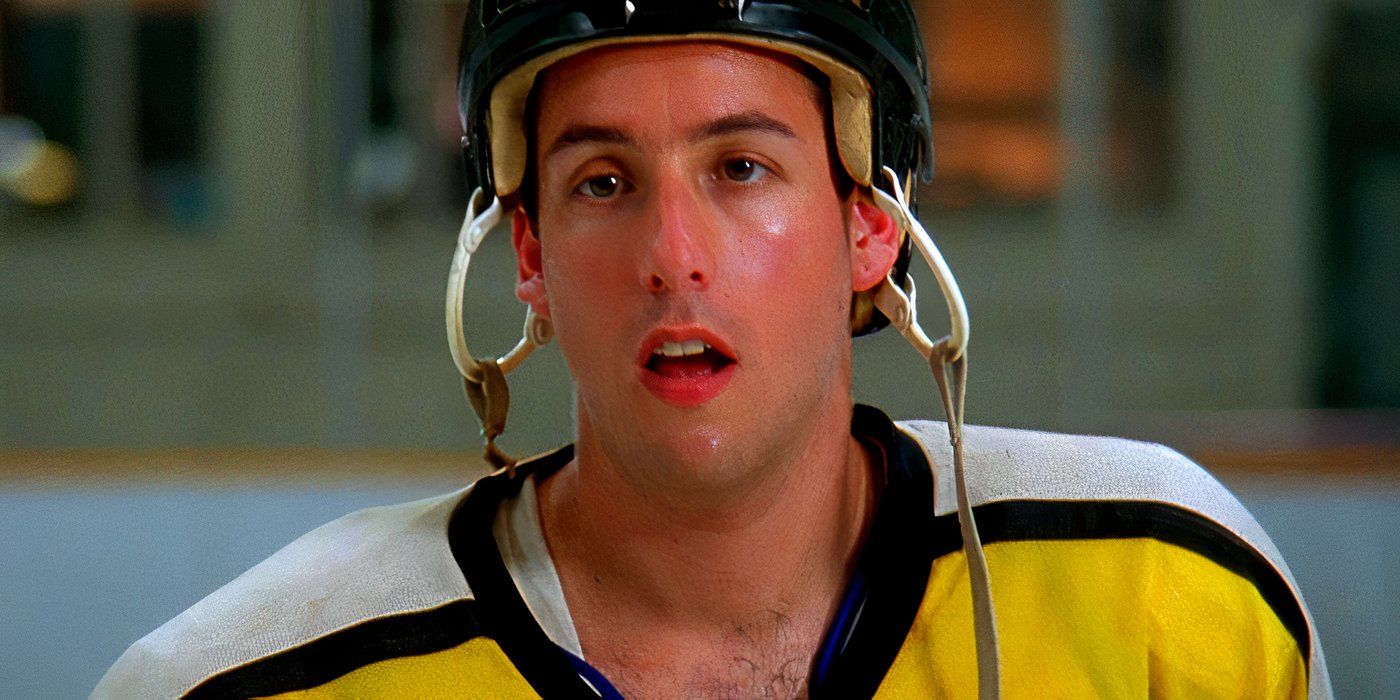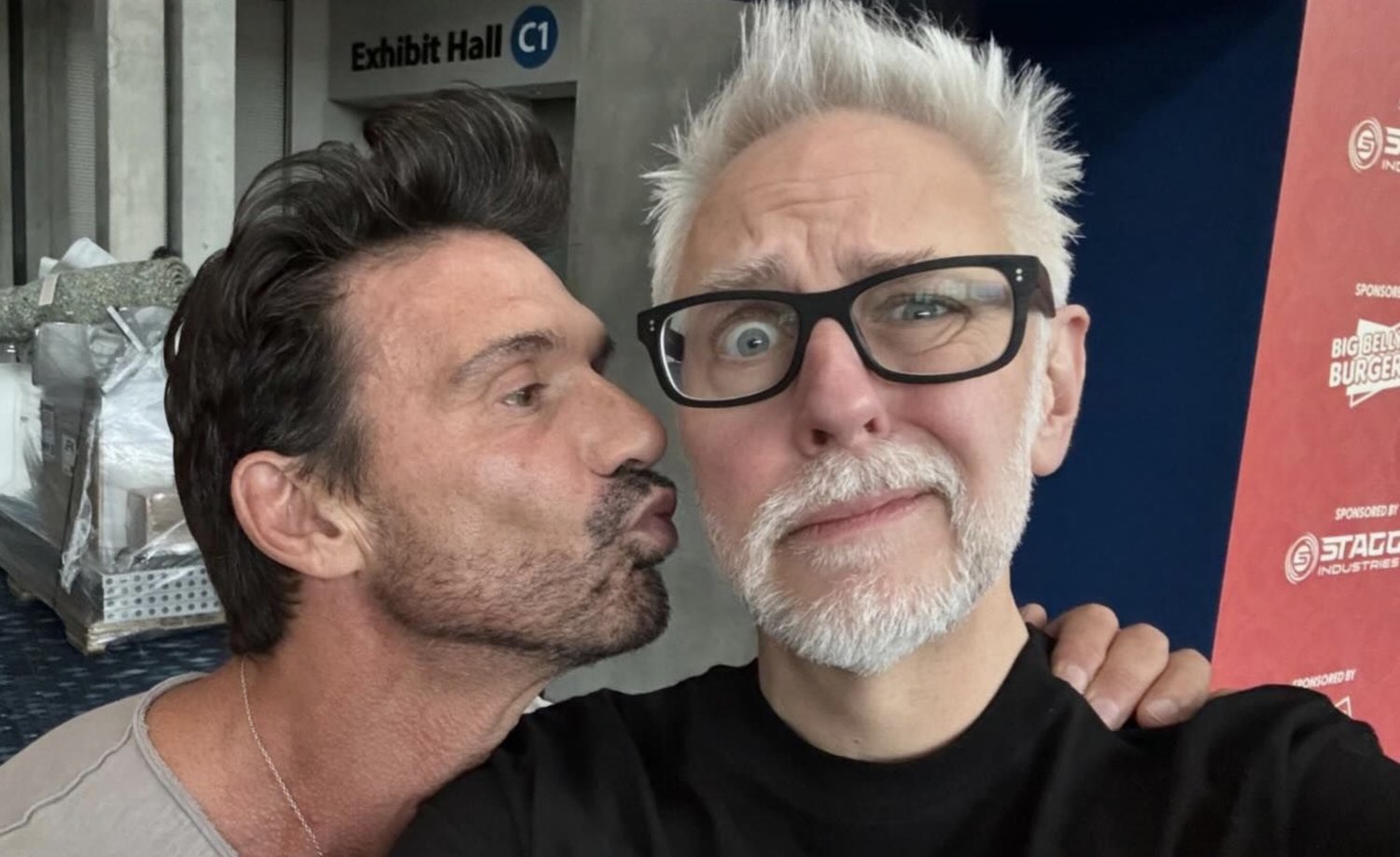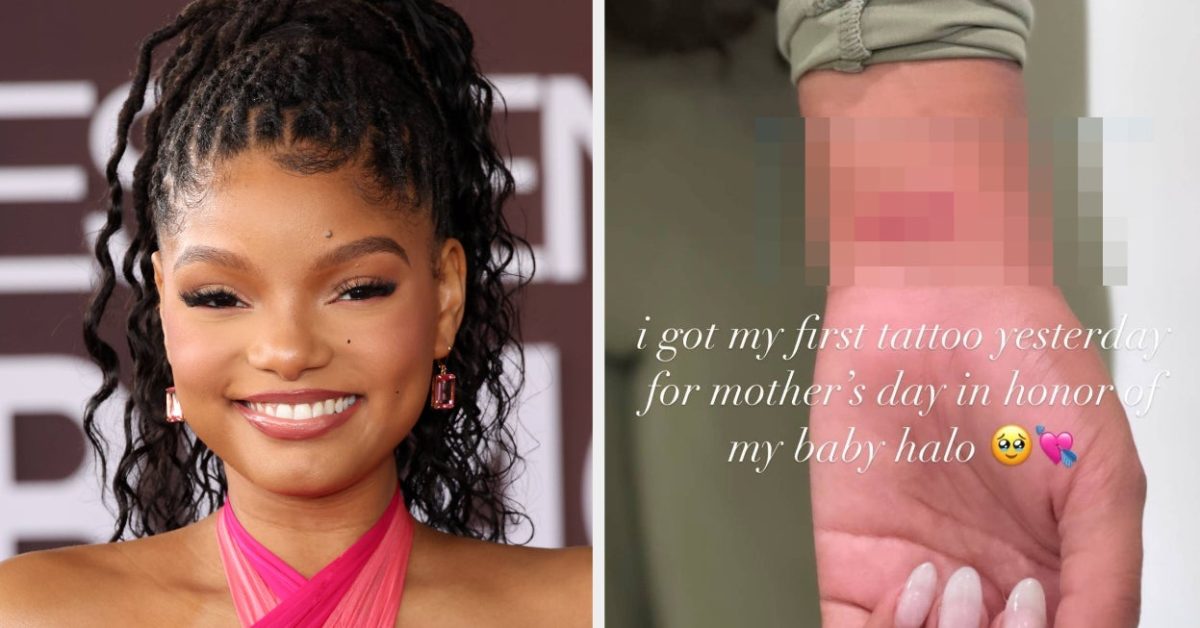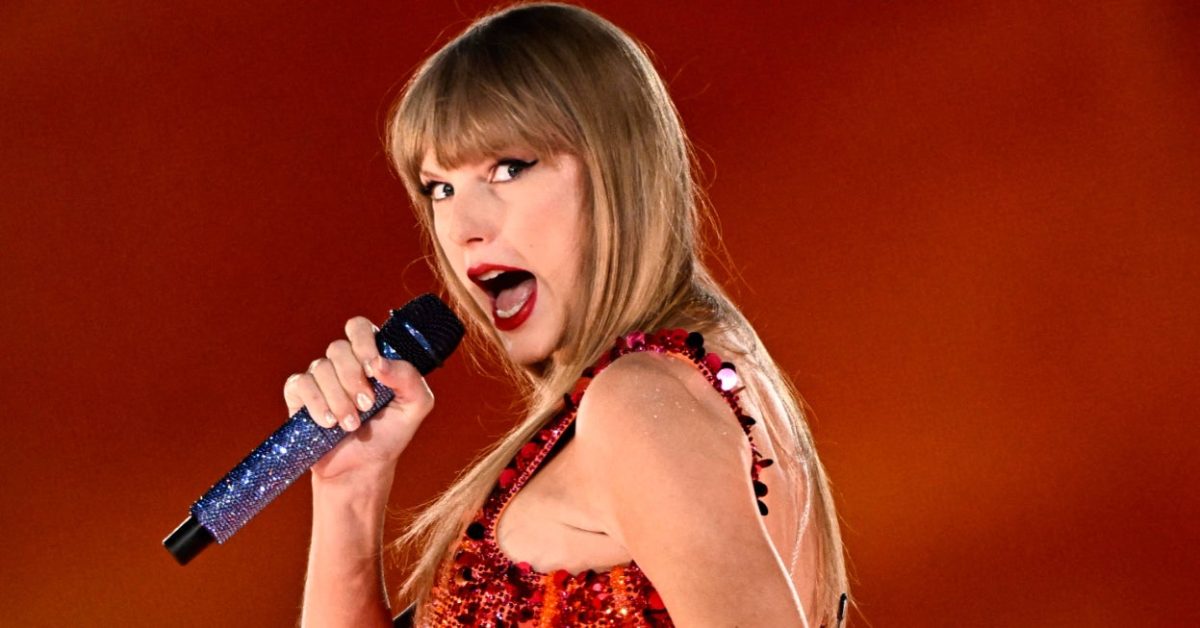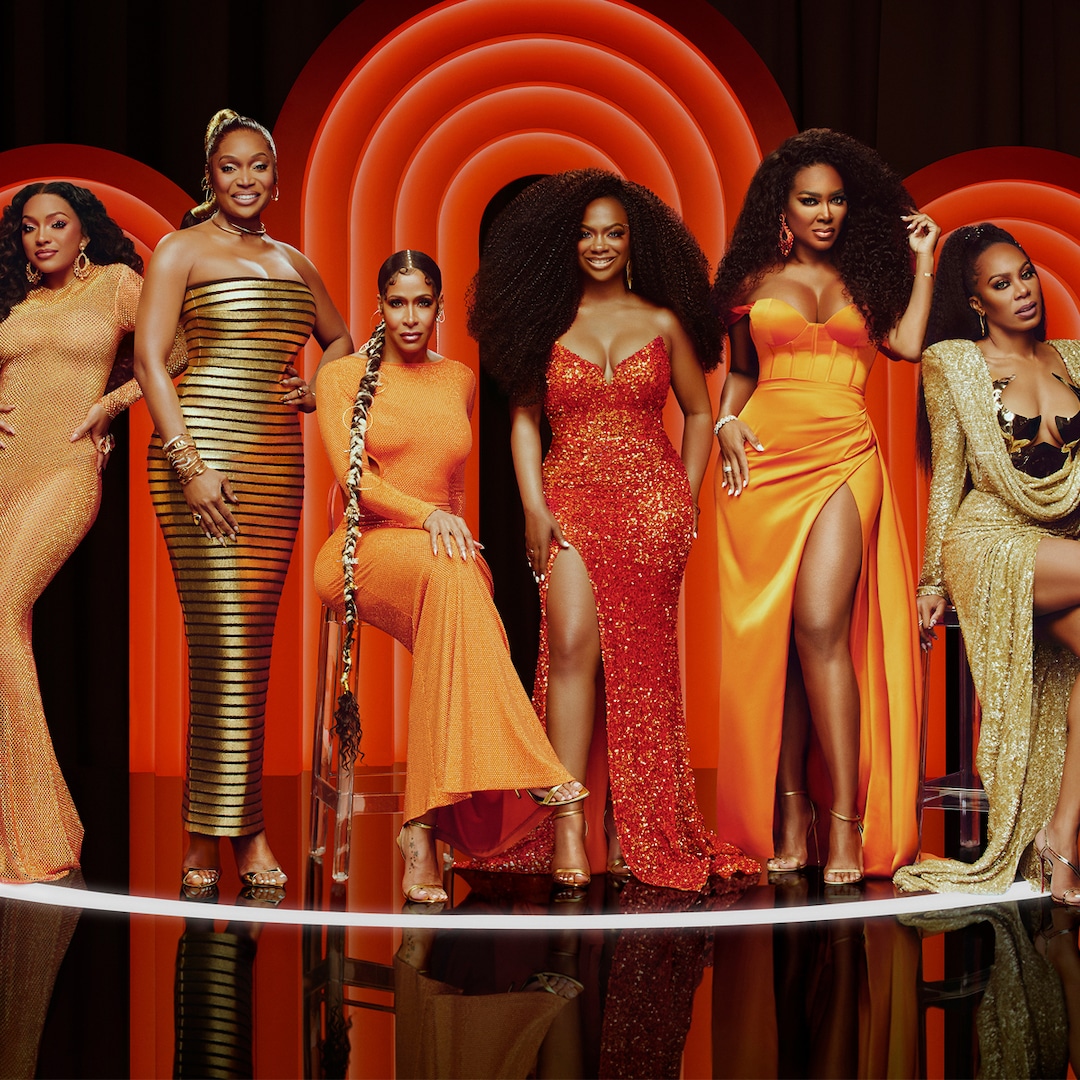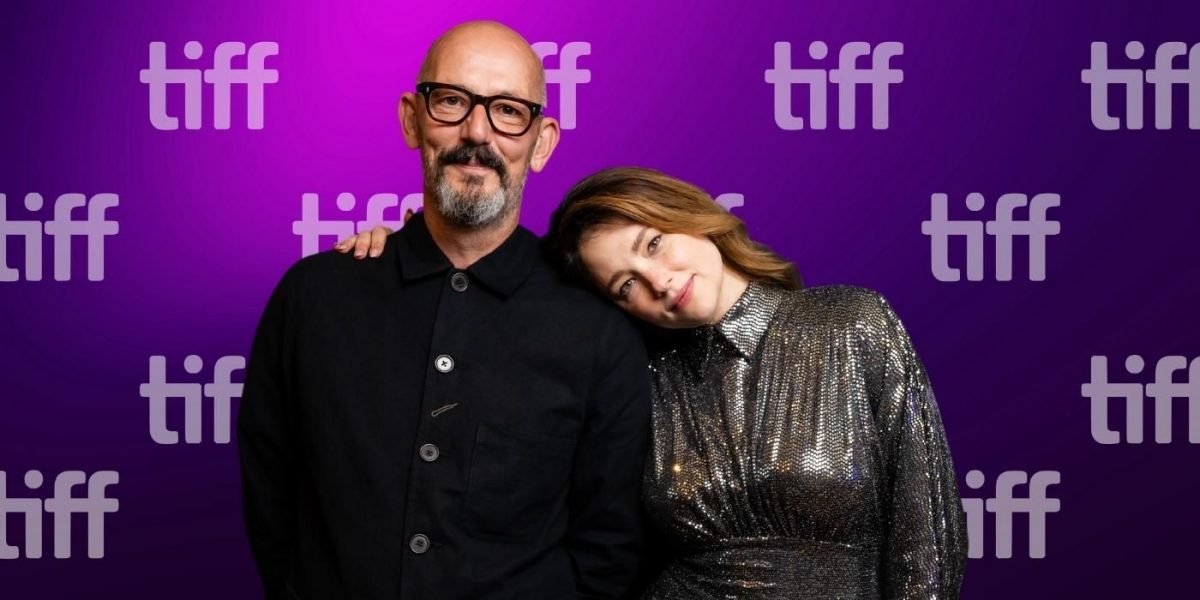
Haley Bennett on Playing Grande Dame of Champagne in Widow Clicquot
Sep 21, 2023
The Big Picture
“Widow Clicquot” is a female-driven film set during the Napoleonic Wars, telling the story of the “Grande Dame of Champagne” and her journey to become a successful entrepreneur in winemaking. The film explores the themes of love, overcoming challenges, and the importance of finding one’s true purpose in life, with Haley Bennett delivering a captivating performance as the titular character. The movie underwent changes in the editing room, focusing on the juxtaposition of past and present to provide an intimate portrayal of Madame Clicquot’s inner life, while the vineyard setting and the symbolism of the vines added depth and meaning to the story.
Director Thomas Napper and producer and star Haley Bennett (Swallow) premiered their film, Widow Clicquot, at this year’s Toronto International Film Festival. To discuss this female-driven story, the duo sit down with Collider’s Steve Weintraub at the studio in the Cinema Center by MARB and dig into the passion of both winemaking and cinema.
Widow Clicquot takes place in France during the Napoleonic Wars, spanning from 1797 to 1807, in a tale based on the real-life story of the “Grande Dame of Champagne.” Part heartbreaking love story and part drama of overcoming all odds, Bennett stars as the titular Widow Clicquot, whose love for her late husband, François (played by Tom Sturridge), and his eccentric and revolutionary theories aid her in trailblazing ahead despite challenges that stand in her way. As a young, widowed mother, Barbe-Nicole Clicquot finds herself left with her late husband’s vineyards and a family legacy in danger of falling into someone else’s hands while battling the ever-changing seasons and fierce competitors. The film also features Natasha O’Keeffe (Peaky Blinders), Ben Miles (Andor), and Sam Riley (Maleficent).
During their interview, Napper and Bennett discuss how the New York Times best-selling biography, The Widow Clicquot, inspired their script and the ways the script had to change in its journey to the screen. We learn how these changes ultimately transformed the film into “the intimate portrayal and characterization of this woman,” why Bennett feels she knows Veuve Clicquot “wholly,” and how the editing room transformed the narrative. For all of this and more, check out the full interview in the video above or you can read the transcript below.
Image via Photagonist at the at Collider TIFF Media Studio
COLLIDER: First of all, congratulations on your movie and being part of the Toronto Film Festival. I hate doing the generic thing up front, but most people watching this will have not seen the movie yet, so who wants to bite the bullet and describe the film like you were talking to friends and family?
THOMAS NAPPER: Widow Clicquot is the story of a young woman in France in 1799 who is married to her husband. She’s in an arranged marriage to her husband, and the film starts with the death of the husband. It’s like Sunset Boulevard, it has a corpse and a funeral. Basically, the film details the life that they spent together building a vineyard learning how to make champagne at the beginning of the champagne industry. One part of the film goes backwards with their story, showing their relationship, their marriage, and how that changes through time, and the other part of the film goes forward from the funeral from the beginning and tells how she takes the reins of the company and becomes this incredible kind of entrepreneur and force within winemaking and really invents modern champagne as we know it today. She’s an incredible figure in French culture, in world culture.
HALEY BENNETT: She’s one of the first businesswomen in not only France but Europe. I knew this woman wholly; I read the book. It’s based on the New York Times best-selling biography called The Widow Clicquot, and I could just relate so much with this character. I love acting. I feel like acting is something that brings me closer to my higher power, and I think that that is what champagne making did, or the alchemy of champagne making did, for Clicquot. And I think to discover your talent, to discover your purpose, is something that she did because she had gone through this tragedy. Had she not gone through this tragedy, it’s just an example of how adversity can really sometimes shake you up and wake you up and push you into doing something you might not have done, like standing in the shadow of her husband. So some really good things came from, well, this horrible tragedy, which was her finding her true self and nurturing this passion and talent. We all have our purpose, and that was her purpose, as I feel acting is my purpose, and so that gave me a very strong kind of…You want to protect the thing that is vital to your existence. For her, that was her art. The champagne and the winemaking is kind of a metaphor, rather than it being a product, it was a metaphor for how this outlet that she had could heal, could regenerate, could restore everything, like most creative processes. So it’s a metaphor for the creative process and how we can heal through that act. It’s a spiritual act.
Image via TIFF
How tough was it for you to tell people, “Listen, I’m gonna have to drink a lot of champagne to get ready for this role? I’ve gotta do some research.” How tough was that for you to force yourself to drink champagne?
BENNETT: Well yeah, I think it could be really easy to fall into alcoholism playing someone who– We actually share a dear friend, and…her daughter runs an operation of winemaking, and it is very impressive. I find it very impressive how they have to really hold back from just getting tipsy all day long.
NAPPER: That was one of the things that I think helped us ground it.
BENNETT: You’re sober.
NAPPER: Yeah, I don’t know what champagne tastes like anymore, but I think the winemaking process and the way people work on farms actually to make wine was kind of an interesting way for us to ground the project in a way based around work rather than the kind of salon life of French society at that time, and where the wine goes and what it means. It was actually kind of more based on people that make something and craftspeople who make something, as Haley said, with real passion.
BENNET: With guts and shoveling manure, and there’s a real gritty sense and feeling to the film. Also, Veuve Clicquot was a genius with marketing, and in fact, she was the first person to invent the orange label. She smuggled wine, she was a smuggler as well, which is a really bold thing for a woman to do at this time. She could have been hung if she were caught. She would have been in great big trouble, but she was moving, she was shipping her wine during the Napoleonic War across borders through Amsterdam to get to the tsar, and experienced loss, and that was devastating for her because this was like her baby. It’s her creation. But I liked that she was kind of a criminal, as well. Veuve Clicquot is a household name, we all can recognize the bottle, but that was because of her. So when she shipped out her wine, she tied a tangerine ribbon around the neck of the champagne so it would be recognizable and this was her idea of marketing.
Image via Photagonist at the at Collider TIFF Media Studio
The more I learned after seeing the movie, the more shocking it was that I didn’t know anything. I love movies like that because it can shine a light and make you want to read more. For the two of you, was this a tough project to actually get off the ground and get made? Talk a little about the behind-the-scenes of trying to get the financing and getting it made.
BENNETT: So after I read the book I knew that I had to will this film into existence and it had to be made. I could see it, I could smell it, we could taste it – much like the Veuve Clicquot herself. So, that kind of tenacity is something that you need in this industry, specifically in any industry as a woman, and to get a film made, especially. So we had to work a lot on the script to make it economical. We did that by conceiving the film in one location so that we could get the budgets down for the film because there were previous drafts of the script [where] she goes on all of these adventures. But actually, I think that limitation kind of set us free in the sense that it decided for us what kind of movie that this wanted to be, which really is a very intimate portrayal and characterization of this woman. And I think that that kind of really distilled the tone and the storytelling.
NAPPER: I think that limitation of placing the entire story on the vineyard, on the farm, if you like, in the vines, it made it a kind of psychological space for the character. The story obviously goes to Saint Petersburg, and they smuggled to Amsterdam and all that, but we don’t go there. We stay on the farm with Madame Clicquot
BENNETT: Who never really did leave her vineyard. She was afraid that if she left the vineyard it would be taken from her by these kind of vultures that wanted her land.
One of the things that’s good about it is that she never knows what’s going on off the farm because that’s how it would have been at the time period. There’s no person to call. Even letters would have been sketchy, so she’s trapped on the farm waiting.
BENNETT: There’s this tension, this kind of storm overhead, and that’s it. That’s all you can predict is the weather that day. So it really keeps the story in the present while creating a kind of tension. I think that that was something that, early on, we knew that we had to do to make the film…I think one of the first budgets came in at like $19 million, and we’re like, “There’s no way that we can make a film in this climate for a female-driven story to the tune of $19 million.” So you have to find creative ways to just get things made. So that was imperative to the making of this film.
We have an incredible cast. We’re so lucky to have Tom Sturridge and Sam Riley. They were our first choice of casting, which rarely happens because of conflicts of interest with other projects and stuff, but we were meant to the film a year prior to the time that we actually filmed and it got pushed a year, so it was a few years in the making.
Image via Photagonist at the at Collider TIFF Media Studio
I like talking about the editing process because it’s where it all comes together, so how did the film change in the editing room in ways you didn’t expect going in?
NAPPER: The script, when we started, was very focused on dates and places and chronicling her journey, Madam Clicquot’s journey, through the present. Then, as I said at the beginning, this kind of cross-cutting between the past, which is the relationship with Tom Sturridge, the husband, and then the present, which is her relationship going forward, making the champagne or trying to make her first champagne with her mentor, Louis Bohne, who’s played by Sam Riley. During the editing process, it became clear, really, that the vitality of the film or the energy of the film was cutting between the past and the present and making the film almost a window into the inner life of Madame Clicquot by juxtaposing these scenes and these moments backwards and forwards. When we were filming we were looking for kind of portals almost between the past and the present, so a lot of the film is about memory. She’s a widow in this house, but it’s the same house where she lived with her husband, so there are many moments where she’s sort of triggered by something that happens – by lying on the floor, then she remembers a moment where she laid on the floor with her husband, and they talked about the vineyard. We used those moments as bridges between the past and the present. I think, in a way, because the house and the farm, the house itself is kind of like self, it’s her, it’s like an extension of her and her psychology, so everywhere we filmed in the present, we were sort of trying to push the past into the same spaces so that we had these kind of chances to move between the past and the present using the house or the corridor or the office or the doorway or the steps or the courtyard as a joiner, as glue if you like, between the past and present.
Do you believe that singing to the vines works?
BENNETT: Okay, I am a gardener, and I sing to my plants. And actually, I think scientifically, there have been studies that singing and speaking to your plants helps them. You have to nurture them. They need to be nurtured, they need to be sung to.
I wonder, though, if the people that are singing to their plants are also the people that are spending extra time watering.
BENNETT: It has to be the right song, from our movie. It has to be the song, and you have to see the movie so you can hear the song. So it’s a new thing to make your plants grow.
NAPPER: I’m a gardener, but I’m also quite a poor singer, so I think if I sang to my plants it wouldn’t help them, so just throwing that out there. I think you’ve gotta be a good singer.
Image via TIFF
I have found that the people that baby their plants and sing to their plants are also the ones who are giving extra water and making sure they’re taken care of, so I think that goes hand in hand.
BENNETT: Have you seen Jean de Florette? That was one of our inspirations for the film…He’s so passionate about these plants, and it’s so infused by nature, and it’s again, just a metaphor for they’re important, they’re our babies, they are the future, they’re regenerative. You can chop them down and they grow back, and I think that’s really beautiful.
NAPPER: I think the vines themselves, when you’re surrounded in where we filmed…the houses are surrounded by vines on all sides, and the landscape of that part of France is very much wine country. And I think we felt, when we were developing it and talking about it, that the vines…
BENNETT: They’re ancient, as well. They somehow feel older than you. They have a spiritual quality to them.
NAPPER: A life of their own. It felt as though that represented their love story because the beginning of the story with Francois and Barbe is them trying to create taste and to create a certain flavor.
BENNETT: And also to do it differently than the old ways. They were kind of revolutionary with their mindset. They wanted to go against the old way of doing things set during the revolution, and I think that they very much represent that figure of wanting to do it differently [than] the way that it was done before. That was kind of a part of their rebellion, in a sense. “We will sing to the vines!”
It’s interesting doing interviews like this at TIFF because you’re talking, but you can’t really get into the nuts and bolts of things because you can’t spoil anything, but before we run out of time, you guys got to premiere here at the Toronto International Film Festival. It is my favorite fest. I love this place.
BENNETT: Thank you for being here despite the strikes and for supporting independent cinema and all cinema. And you’ve been here with directors. I mean, to me, the best thing about coming to a film festival is meeting other filmmakers, regardless of who’s here and how sorry it is and could be, we have to celebrate the filmmaking and the craft.
100%.
BENNETT: That is what I love about being here this year.
Image via Photagonist at the at Collider TIFF Media Studio
What does it mean, especially for this year, to have your film premiere here?
NAPPER: It’s massive for us. We are a true independent, so this is an amazing festival to come to. For me, it’s my first time here. I’ve been absolutely bowled over by the feeling in the audiences; they feel very live, it’s almost like being in a theater. It has a very special mood and atmosphere for all of the films that I’ve seen. The audiences are cheering the producer credits at the beginning, which I’ve never seen that in any screenings where they know the previous productions by producers, and it’s just a buoyant festival, and it feels like the films get lifted by the audience, which I think is an incredible thing, especially for a movie like ours.
Widow Clicquot premiered at TIFF 2023. Special thanks to MARBL Restaurant for hosting Collider as well as the additional sponsors Sommsation, a top wine experience brand and online shop and Molson Coors’ Blue Moon Belgian White as the beer of choice at the Cinema Center. Additionally, Moët Hennessy featuring Belvedere Vodka featured cocktails and Tres Generaciones Tequila
Publisher: Source link
Halle Bailey Gets Halo Tattoo For Mother’s Day
Halle Bailey Gets Halo Tattoo For Mother's Day Halle Bailey is celebrating her first Mother's Day in a pretty significant way. On Sunday, she revealed she'd gotten a tattoo for her son, Halo, whom she shares with her rapper boyfriend,…
May 16, 2024
Soothe Sore Muscles With These Workout Aftercare Tools
The products featured in this article are from brands that are available in the NBCUniversal Checkout Marketplace. If you purchase something through our links, we get a commission. Although I hate to admit it, consistent exercise really does make me…
May 16, 2024
The Internet Can't Handle Taylor Swift's Alien Abduction Optical Illusion
It's giving Signs.View Entire Post › Disclaimer: This story is auto-aggregated by a computer program and has not been created or edited by filmibee.Publisher: Source link
May 15, 2024
Meet Real Housewives of Atlanta’s Newly Revamped Season 16 Cast
Attention, Bravoholics: Get ready to meet your newly revamped group of Georgia peaches. The Real Housewives of Atlanta's season 16 costars have finally been revealed amid a recent cast shakeup. Returning to the reality show after a two-season hiatus is Porsha Williams, who will…
May 15, 2024
